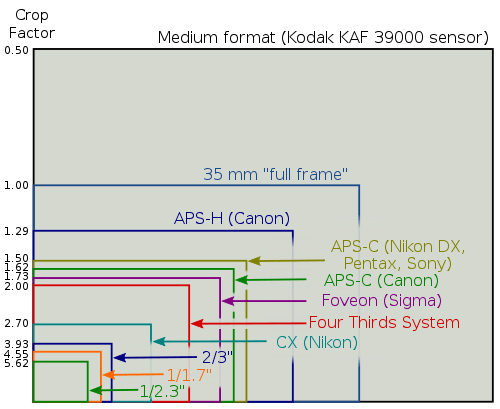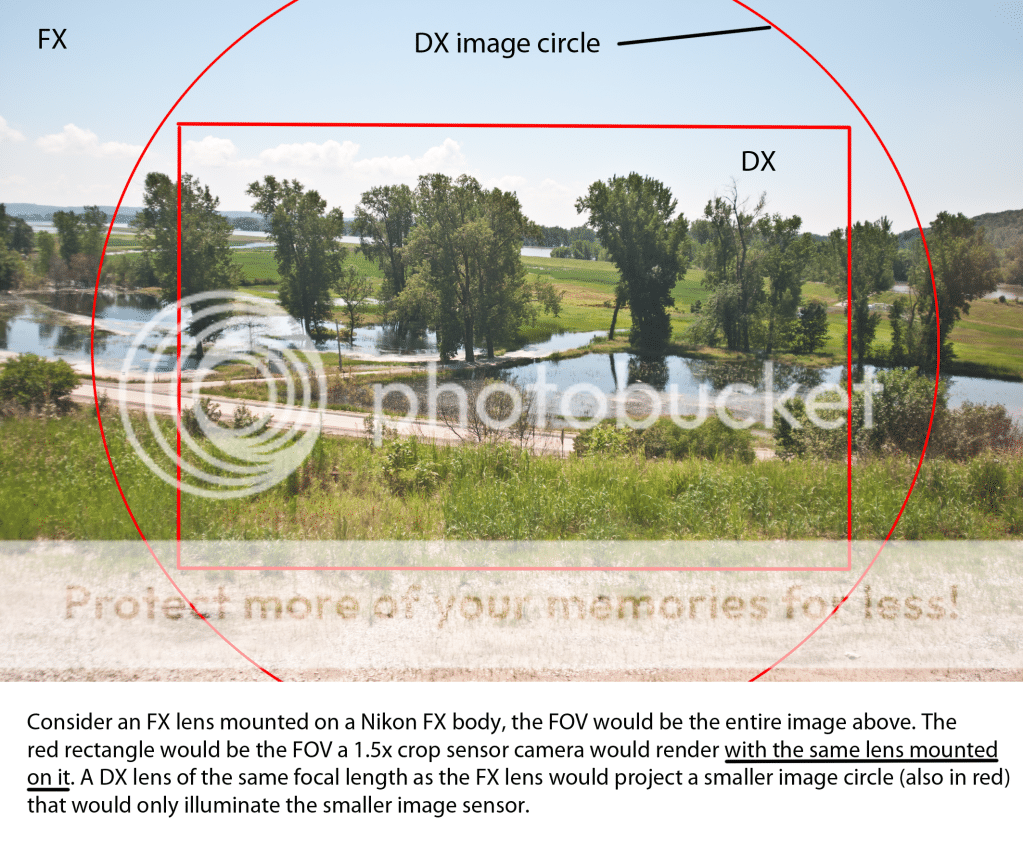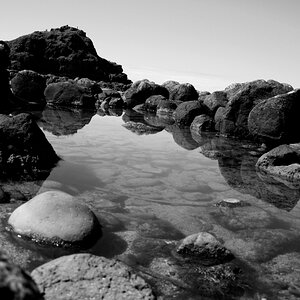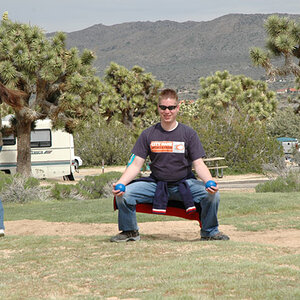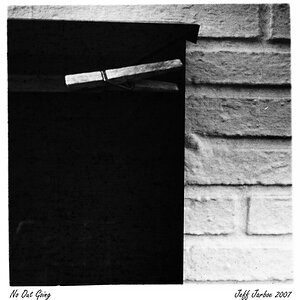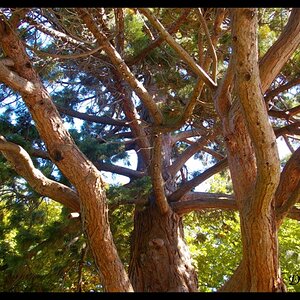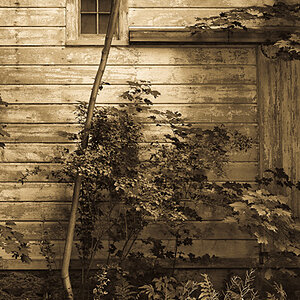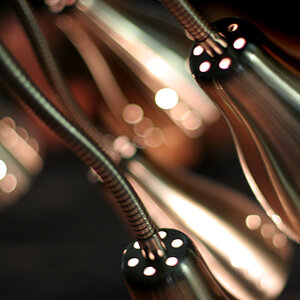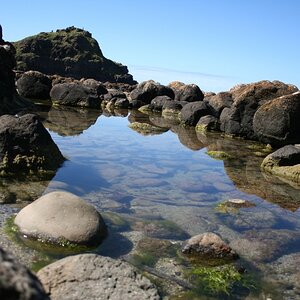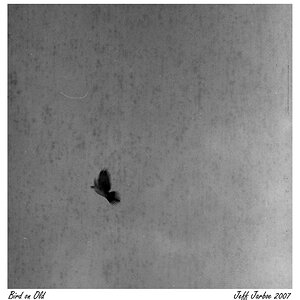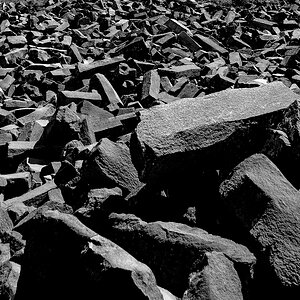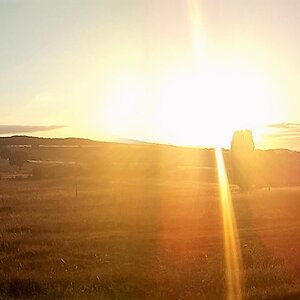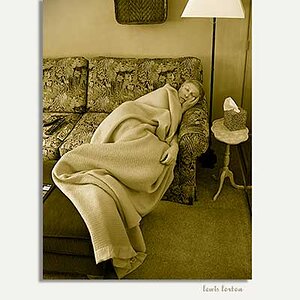rachelrach11
No longer a newbie, moving up!
- Joined
- Mar 22, 2012
- Messages
- 195
- Reaction score
- 29
- Location
- Birmingham Al
- Can others edit my Photos
- Photos OK to edit
Lately I have tried experimenting with different shooting techniques. I was curious if my camera (Nikon P90) would have the capabilities in producing a nice crisp center shot with background blur and partial foreground blur.
Is it possible to achieve this technique without an SLR? If so , how would I go about manipulating my settings ? Im assuming that I would start by using manual focus and go from there.
I plan on experimenting with this outdoors, possibly in a well shaded area.
Any advise would be much appreciated. Thanks so much!!!
Is it possible to achieve this technique without an SLR? If so , how would I go about manipulating my settings ? Im assuming that I would start by using manual focus and go from there.
I plan on experimenting with this outdoors, possibly in a well shaded area.
Any advise would be much appreciated. Thanks so much!!!


